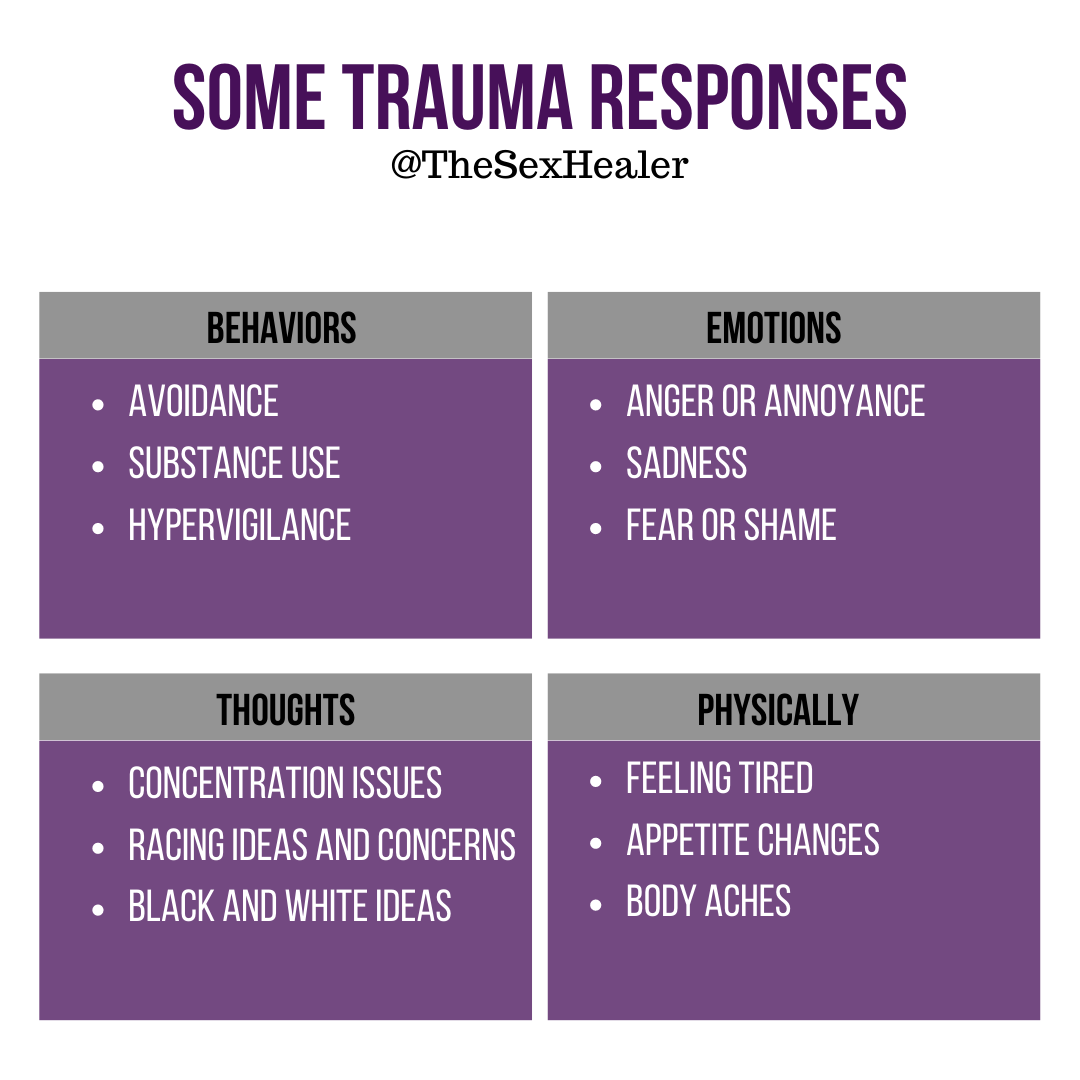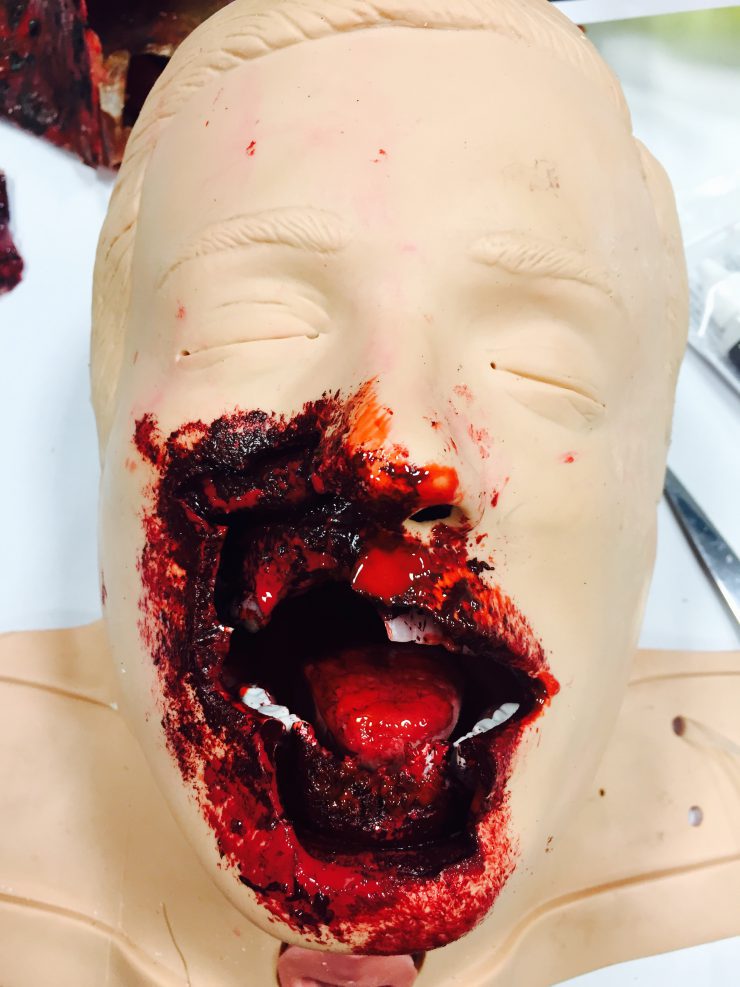
SNAP ® (Stop Now and Plan), an evidence-based cognitive-behavioral model for teaching children struggling with behavioral issues, and their caregivers, effective emotional regulation, self-control, and problem-solving skills as a diversion for involvement in the juvenile justice system.Individualized assessment, crisis intervention, and mental health consultation to address specific behaviors and concerns.Continual identification of needs, with triage, and referral to system partners.

Targeted foster parent, relative caregiver, and child welfare staff workshops.Relative caregiver support groups with concurrent play groups for children.Targeted, early intervention and support for foster parents, relative caregivers, and other caregivers and system partners to mitigate the impact of ACEs and trauma through positive, buffering relationships: Online, on-demand and live virtual trainings for parents and caregivers.Ĭenter for Child Counseling's A Way of Being With Children: A Trauma-Informed Approach to Building Resilience provides the foundation for our approach with foster and adoptive parents, child serving agency staff, and other adult caregivers.PACEs, TIC, and Child Development training for child welfare staff, Department of Juvenile Justice, local law enforcement, attorneys and judges, foster care agencies, staff at group homes, community partners, and families and.Leadership and community-wide training, advocacy, and awareness efforts through our Fighting ACEs Initiative.Information and resources for schools, organizations, and communities on PACEs, through resources and our toolkit.Free, online access to A Way of Being with Children: A Trauma-Informed Approach for Building Resilience workshops and curriculum.Community-wide PACEs (Positive and Adverse Childhood Experiences), toxic stress, and trauma education.Multimedia ACEs and Trauma-Informed Care awareness.


PFA, in contrast, is often delivered in temporary settings where follow-up may not be possible.Education and promotion of trauma-informed care throughout child welfare and juvenile justice systems, including: SPR places greater emphasis on teaching specific skills to meet survivor needs, as well as on follow-up to reinforce the use of these skills. The timing will be partially dependent on how devastating the disaster was to community resources and infrastructure. In some cases, SPR may be delivered one week after a disaster, as a follow up to the initial PFA response, and in other cases it may be appropriate to provide this assistance weeks, months, or even years after a major event. SPR is intended to assist disaster survivors after safety, security, and other vital and immediate needs have been met and when the community is rebuilding. The delivery of PFA is defined in terms of days or weeks after a disaster (timing will depend on the circumstances of the post-disaster setting).

SPR is used in the weeks and months following disaster and trauma, after the period where PFA has been utilized or when more intensive intervention is needed. PFA is a supportive intervention for use in the immediate aftermath of disasters and terrorism. While grounded in the same foundations of disaster response and recovery, there are several differences between PFA and SPR. PFA and SPR can also be provided to first responders and other disaster relief workers. PFA and SPR intervention strategies are intended for use with children, adolescents, parents and caretakers, families, and adults who are survivors or witnesses exposed to disaster or terrorism. Both PFA and SPR were developed by the National Center for PTSD and the National Child Traumatic Stress Network, as well as other individuals involved in coordinating and participating in disaster response and recovery. Psychological First Aid (PFA) and Skills for Psychological Recovery (SPR) are promising practices for disaster behavioral health response and recovery. Robert Macy PHD and Frank Grijalva MSPH, MSCC are both nationally credentialed trainers of PFA and SPR. Psychological First Aid (PFA) and Skills for Psychological Recovery (SPR)


 0 kommentar(er)
0 kommentar(er)
